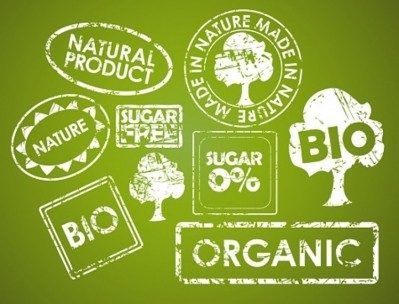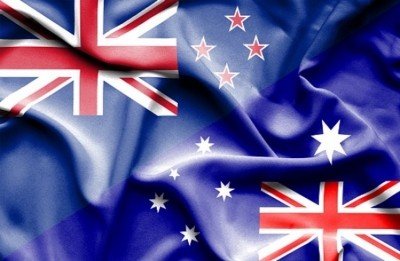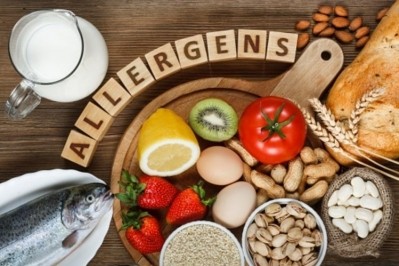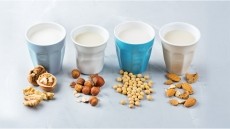Clearer carbohydrate claims: ANZ food safety agency initiates upgrade for voluntary alcoholic beverage labelling standards

The existing Australia New Zealand Food Standards Code allows for manufacturers to make carbohydrate content claims on a voluntary basis in both countries, but has faced issues with regard to the content and extent to which such claims can be made.
According to FSANZ, the new upgrade has been proposed after targeted consultation with public health groups, consumer groups, local governments and the alcohol industry, so is hoped to introduce more clarity on these claims.
“We are proposing to amend the current standards to clarify what content claims are permitted for carbohydrate and sugar on foods and beverages with more than 1.15% ABV,” FSANZ announced via a formal statement.
“Work on this proposal was initiated a while back but temporarily paused while FSANZ undertook preliminary work on the energy labelling of alcoholic beverages, but now has been recommenced to align with that work, so as to allow us to consider the alignment of any potential alcohol labelling changes.
“The [end objectives] are to first support consumers who choose to consume alcoholic beverages to make informed choices with sufficient information about sugar content, consistent with dietary guideline recommendations on sugars.
“The other is to providing clarity and certainty for industry and government in the implementation and enforcement of the limited voluntary nutrition content claims permitted to be made.”
In terms of alcoholic beverage energy labelling, nutrition information panels containing energy information are expected to be made mandatory if the product makes a nutrition content claim – both this proposal and the carbohydrate/sugar labelling standards proposal are being processed simultaneously.
The deadline for submissions to be made is September 4, 2023 at 6pm Canberra time. Submissions can be sent via email here with the word ‘Submission’ in the heading as well as the application or proposal number and name; and more information can be accessed here.
Carbohydrate focus
This new proposal places special emphasis on claims concerning carbohydrate and sugar content due to the sugar consumption often being linked to public health issues, and is further boosted by rising consumer health awareness.
“The focus on carbohydrate claims is important because over the last five years consumer interest in health and wellness – Industry reports note there has been a change in drinking preferences and behaviour [where] a ‘healthier’ alternatives trend is driving innovation in the industry,” stated FSANZ.
“This has led to an array of new products on the market from including low carbohydrate and low energy beers to hard seltzers and alcoholic kombuchas – Overall, industry stakeholders have advised that low carbohydrate, calorie and sugar products are now a large and established part of the market.
“But accompanying this over the last decade has been an increase in the prevalence of carbohydrate and/or sugar nutritional claims on alcoholic beverages such as ‘low carb’, ‘X% less sugar’, ‘zero sugar’ and so on.”
The greatest issue that has arisen from these is that consumers could mistakenly place too much faith in such claims and perceive products with these as ‘healthier’overall – which could in the long run lead to even higher alcohol consumption for the wrong reasons.
“Sugar/carbohydrate claims may cause consumers to make inaccurate assumptions about alcoholic beverages [especially as] FSANZ analysis has found consumers generally have a poor understanding of alcoholic beverage nutritional properties,” it added.
“For example, several studies indicated that consumers may mistakenly perceive low-carbohydrate beer as healthier than low-alcohol beer; that low-carbohydrate beer is healthy in an absolute sense; or mistakenly believing that they ‘don’t need to worry about their weight’ when drinking low-carbohydrate beer.
“[This could stem from the fact that] consumers do not understand that most of the energy in beer comes from the alcohol itself, [so] carbohydrate claims on beer may only further exacerbate this misconception.”
FSANZ stressed that these studies were not of high enough quality to conclude a relationship between nutritional claims and higher beer consumption outright - but that it was clear consumers are not savvy or informed enough in terms of alcoholic drinks’ nutritional properties, and as such may make poor results as a result of unsupervised ‘positive’ claims.






















